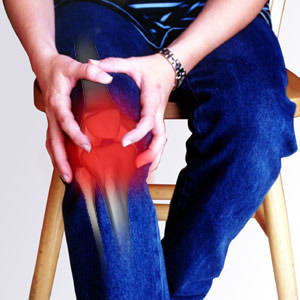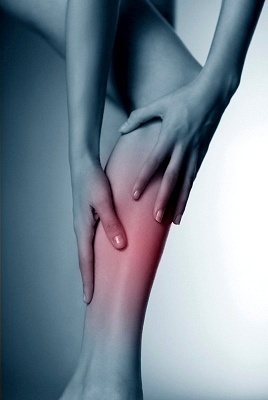Paget’s Disease
Named after the British surgeon, Sir James Paget, Paget’s disease is a chronic disorder that is characterized by deformities in bone structuring and growth during the remodeling process. The process of bone remodeling is essential for normal calcium levels in our bodies (blood). A person afflicted with Paget’s disease will suffer from the consequence of having a bone remodeling process that is disturbed and not synchronized properly. This disturbance in bone remodeling results in the bones being abnormal, as a result, the bones may not be dense, may be brittle and prone to breaking or be deformed or enlarged. Paget’s disease is also known as Osteitis Deformans; Paget’s disease is known to primarily affect older bones of adults , however there have been extremely rare forms of Paget’s disease in children commonly referred to as Juvenile Paget’s disease.
Symptoms of Paget’s Disease
Most often, patients do not realize that they have Paget’s disease because there are no obvious symptoms to indicate its presence. Many a time, it is discovered accidentally while taking an X-ray for some other purpose. The bones that are most commonly affected by Paget’s disease include the spine, the femur, pelvis, skull, the collar bone and the humerus.
Though there are no clear common symptoms associated with the early stages or onset of Paget’s disease, as the disease progresses the following symptoms may occur.
- bone pain
- deformity
- bones become more brittle
- fracture
- arthritis
- tingling
- numbness
- bowing of the Legs
- headache (this happens when Paget’s disease affects the skull)
- hearing loss (this also happens when Paget’s disease affects the skull)
- stiffness and / or pain in the knees or hip
- loss of vision
Causes of Paget’s Disease
At this point there is no conclusive evidence to know the exact cause of Paget’s disease. However, research has led to believe that there is a genetic link that causes Paget’s disease. This link is associated with the Sequestrsome 1 gene on Chromosome 5. The gene appears to be recessive and relies on a viral infection to trigger the disease.
Treatment of Paget’s Disease
There is no cure for Paget’s disease, however with treatment, the symptoms can lessen and the disease maybe controlled. Depending on the severity of the disease, the treatment will vary. If the symptoms are not too severe, simple anti-inflammatory drugs or pain relieving medication may be supplied to alleviated the pain. The medical treatment for Paget’s disease is the use of drugs Calcitonin(injectable) or Bisphosphonates. These drugs are taken daily and help to nourish the bones, and thus reduce the symptoms present.
With widespread Paget’s disease, it is possible to have heart failure due to the increase work on the heart. It is best to act as soon as possible and get medical assistance to counter the problems caused by Paget’s disease.






